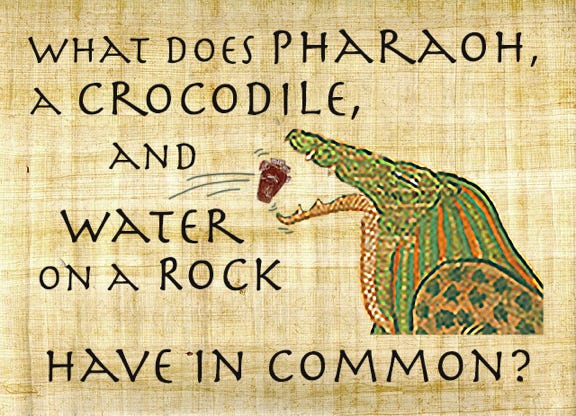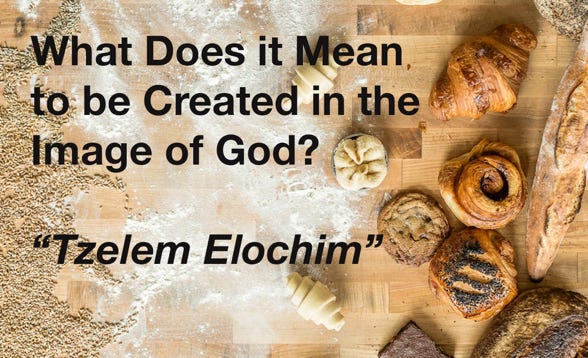Grafted Branches

Grafted Branches


Podcasts
Our Podcast Conversations are all about getting to know Jesus in His cultural context of first-century Israel, where He lived, how He taught and what does all that mean to those who follow Him today.
Who Do You Listen To?
Oh, that voice within us that says, "Eat! Those calories only count during a leap year on the third Thursday in February." Or even this, "God wants me to be happy." Whose voices are these, and why do we listen to them?
In this podcast, we go back to the beginning, when there was just one thing God told humanity not to do, and we did it anyway. Who did Adam and Eve listen to? Join us as we revisit this story we thought we knew so well. With fresh eyes, discover insights and answers to the challenges our culture faces today.

Is Your Heavenly Account Bankrupt?
Treasure in
Heaven
If you could, face to face, ask Jesus a question what that question be?
In this podcast we talk about the encounter between a man who gets to do that very thing. And you know what his question was, "What must I do to inherit eternal life?" This exchange and Jesus' answer are so important all three of the synoptic Gospel writers included it in their narratives of His life. What is really interesting is Jesus doesn't answer the man's question and instead teaches all of those listening about the Kingdom of Heaven and its treasures.
Measure for Measure - The Hebraic Concept of “Midah Keneged Midah” or What Goes Around, Comes Around!

Everything we do, from the smallest to the greatest, has consequences. Sometimes we get blessed, but all too often, the payback can be somewhat uncomfortable, if not unbearable. Culturally it's called "what goes around comes around," the ancient sages called it “Measure for Measure." What does the Bible say about this? Join us and find out!
From the east, the sun began warming the cool morning air in the holiest location in Israel, the Temple. Following the morning light, Jesus entered the temple and began teaching his listeners God’s instructions. Shortly afterward some scribes and Pharisees drug a woman into the Temple court and put her right in the middle of the people He was teaching. Referring to the Torah and the death penalty for her sinful act, they demanded Jesus to answer their question, “What do you say?” Join us as we examine what was going on between Jesus and these men. Were they asking him to judge the woman, or was something else on their minds?
Did Jesus
Demand
A Stoning?

In this podcast, we look at one of the best-known accounts from the Exodus, where Moses tells Pharoah, "let my people go." Did the staff of Moses turn into a snake, did God harden Pharoah's heart, and why do we even need to know this? Join us as we explore the details of culture and language that shed some light on this strange encounter, answering the question of "why" we should study to know our Bibles.

Right after Jesus tells His most famous parable, the “Prodigal Son,” he teaches His listeners about a man who swindles his boss and is called shrewd for doing so. What’s even more confusing is Jesus says this man is “more shrewd” than the “sons of light.” From the most famous to the most confusing and misinterpreted parable, Jesus teaches his followers how to live in a corrupt and unrighteous culture, especially when dealing with its wealth. Join us as we make sense of this strange story and find out who these “sons of light” really are.
Is it better to be
a “Shrewd Squander” or
the “Sons of Light”?

In the story of creation it says mankind is made in the image of God, or in Hebrew "tzelem Elochim." The creation story tells us both humans and animals are made from the same stuff, however only mankind is made in God's image. So what does that mean, does God have an image and do humans actually look like Him? Join us in this podcast as we explore those questions and more.
Who are the good and bad guys in Jesus day? In this podcast we talk about the Sadducees, their ideals, theology, and beliefs. Who knows, maybe we all have a little "Sadducee" in each of us.
When Jesus taught, "Seek first the Kingdom and His righteousness..." what did those first-century listeners understand and why is this important for us nearly two thousand years later? In our latest conversation we explore the "now" or present need and importance of living in God's Kingdom.
The first in a two part series.
When Jesus taught to “Seek first the kingdom and His righteousness,” His disciples and followers understood these two common first-century phrases. Join us as we explore the Hebrew concept of “righteousness” and how it is applicable today.
Righteousness Means Action!
Part 2
If Jesus Christ is God’s son then does that mean God’s last name is Christ? Names are important. In this podcast conversation we explore what it means to be Messiah or Christ.
On the surface Jesus’ teachings seem simple, but what if Jesus was pointing to something else? Explore how knowing the rabbinic teaching technique used often by Jesus and known today as “Remez” will put the “Wow-Factor” back into your bible studies!
To those of you who have listened to our Podcast titled “Remez: Hint or Clue” we are offering you a “Remez Challenge!” This will not only help you learn how to see and find Jesus’ brilliant use of remez in His teachings, but more importantly, help you to better understand His message and then live it out.
Take the Remez
Challenge
When a first-century teacher used the phrase "to abolish or fulfill," what did they mean by that? Was it a prophetic or messianic statement? Or maybe something else? Join us as we explore this well-known statement and first-century idiom.
Explores the use of the first-century Jewish idioms “good eye and evil eye” and “bind and loose.” Understanding how Jesus audience would have understood them makes His teaching clearer for us today.
Some may ask, “Why do I need to take time out of my busy life to know this?” “Why do I need to go beyond just being saved?” To a modern reader understanding Jesus’ teachings can be difficult, but recent discoveries have brought new understanding to the difficult words and sayings of Jesus.
Grafted Branches
10940 S. Parker Rd., Parker, Colorado 80134